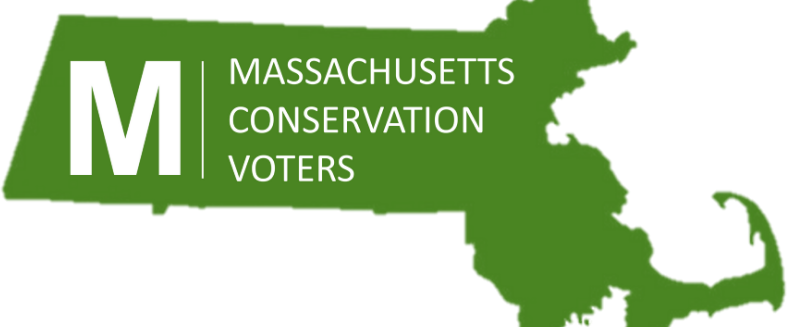Pandemic has proven parks and other open spaces are essential services
Pandemic has proven parks and other open spaces are essential services
Chuck Anastas and Doug Pizzi | June 17, 2020
In Massachusetts, the pandemic is an unprecedented public health and economic disaster. Thousands have died, tens of thousands are unemployed, state revenues are plummeting, and the future is uncertain.
Amidst all of this, one thing is true – the essential importance of parks and open spaces to our physical and mental health. This is particularly true of our state parks, forests and other facilities managed by the state Department of Conservation and Recreation (DCR). Before the pandemic hit, DCR was making progress recovering from budget and staff cuts going back to the Great Recession of 2008.
Massachusetts Conservation Voters (MCV) is the only statewide, non-partisan, non-profit organization solely focused on helping DCR avoid suffering another round of devastating budget cuts during a time that its services are needed most. But this is a difficult goal and we need your help to be successful. MCV...

